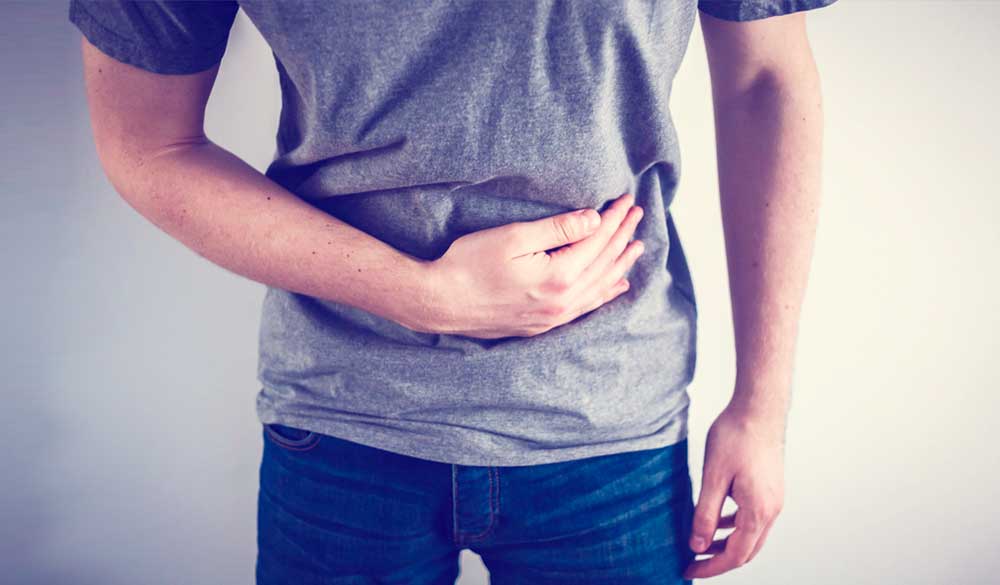Melissa Peterson ● 2 min read
The main factor in the pathogenesis of many gut diseases, including infectious diarrhoea, small intestinal bacterial overgrowth (SIBO), inflammatory bowel disease (IBD), coeliac disease and irritable bowel syndrome (IBS), is the alteration in intestinal permeability, commonly referred to as leaky gut. Saccharomyces boulardii (SB) is a well-researched immunobiotic, which has been shown to restore intestinal integrity and potentially reduce pathogenic gut microbiota.[1,2]
New research, published this year, provides a new mechanism for SB in strengthening intestinal barrier function. Additionally, with the use of current technology, one clinical trial confirms the inhibitory effect of SB on pathogenic bacteria that affects epithelial integrity, including clostridia.
Tight junctions are crucial in minimising intestinal permeability, connecting epithelial intestinal cells and sealing the space between the cells. However, adherens junctions, which are located directly below the tight junctions, also provide an adhesive connection between the epithelial cells and are important for cell-cell contact. A major component of the adherens junction is a glycoprotein called E-cadherin. Reduced expression of E-cadherin has been seen in IBD and IBS. For this reason, researchers sought to demonstrate experimentally that SB beneficially affects the adherens junction components.
Their results showed that SB protects epithelial integrity by increasing the cell surface expression of E-cadherin, not by increasing its production but through a recycling process. By rerouting the E-cadherin back to the cell membrane, SB maintains intestinal integrity. This process also appears to have the added benefit of strengthening tight junctions.[1]
Other research used high resolution processing with 16S rDNA sequencing, for the first time in a clinical trial, to analyse changes to gut microbiota following treatment with SB. They then reviewed the impact of these changes on microbial translocation and inflammation. The aim of this double-blind, randomised placebo-controlled trial, was to evaluate whether SB decreased the levels of pathogenic microbes associated with higher systemic levels of microbial translocation and inflammation.
These researchers had already identified significant reductions in microbial translocation and inflammation in HIV patients with the intake of SB. In the same population type group, subjects took a total daily dose of 339mg of SB or placebo. The results showed a significant decrease in Clostridiaceae and Catenibacterium species. They also found statistically significant correlations between the proportion of Clostridia genera and markers of bacterial translocation and increased inflammation. However, this was not significant post treatment, which was probably due to SB’s reduction in the pathogenic bacteria levels.[2]
This research, with the use of advanced technology, proposes new therapeutic strategies and possibilities for SB to modify gut microbiota and improve intestinal integrity.
References
- Terciolo C, Dobric A, Ouaissi M, et al. Saccharomyces boulardii CNCM I-745 restores intestinal barrier integrity by regulation of E-cadherin recycling. J Crohns Colitis 2017. doi: 10.1093/ecco-jcc/jjx030
- Villar-Garcia J, Guerri-Fernandez R, Moya A, et al. Impact of probiotic Saccharomyces boulardii on the gut microbiome composition in HIV-treated patients: a double-blind, randomised, placebo-controlled trial. PLoS One 2017;12(4):e0173802. [Full text]
DISCLAIMER:
The information provided on FX Medicine is for educational and informational purposes only. The information provided on this site is not, nor is it intended to be, a substitute for professional advice or care. Please seek the advice of a qualified health care professional in the event something you have read here raises questions or concerns regarding your health.



